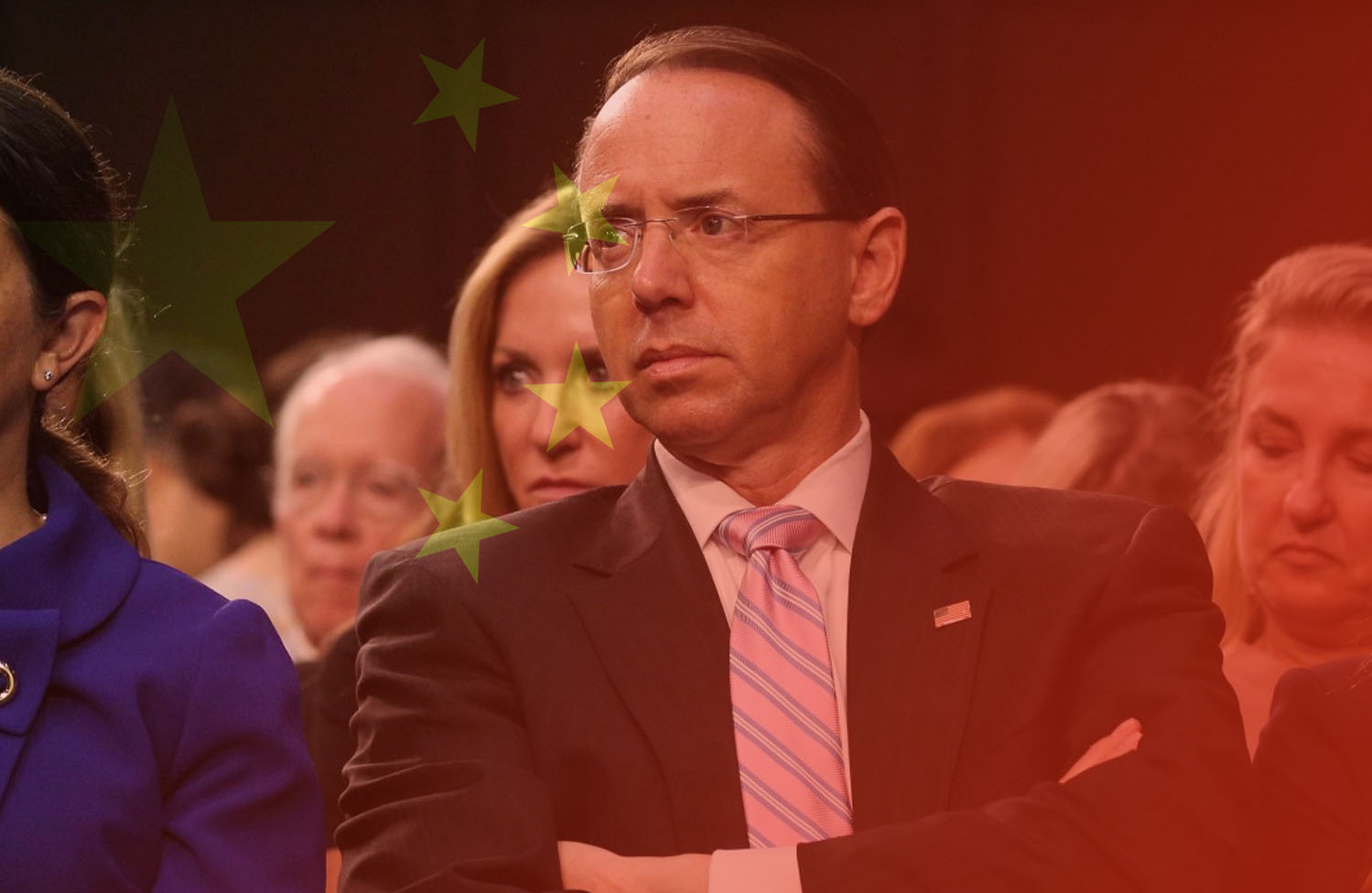It seems, at least for the time being, that the United States will remain at odds with China while President Donald Trump is in office. Over the course of the last year, the US Federal Government has, on several occasions, accused China of committing acts of cyber-terrorism on companies in the domestic tech sector. In Early October, Bloomberg Business reported that Chinese hackers had implanted microchips, “as small as the tip of a sharpened pencil,” designed to be virtually undetectable, into the data centers of over thirty tech companies. The hackers implanted their microchips into “servers used by numerous data centers of such U.S. corporate giants like Apple (AAPL) and Amazon (AMZN), as well as banks, hedge funds, and government contractors.
Matters only got worse when U.S. authorities accused a Chinese state-owned company with colluding to steal industry secrets from the U.S. largest memory-chip maker, Micron Technology Inc (MU), according to an indictment last November. The U.S. Justice Department filed indictment charges against two companies in China and Taiwan, and three separate individuals, Reuters reported.
The two tech companies in question, United Microelectronics Corp and Fujian Jinhua Integrated Circuit, Co., Ltd represent the fourth legal action taken by the Justice Department in terms of suspected Chinese espionage. Micron, the Idaho-based semiconductor company is currently worth around $100 billion and, according to market analysts, has a “20-25% share of the dynamic random access memory industry.”
In more recent news, the US Justice Department charged two Chinese nationals on Thursday with partaking in a global hacking scheme to steal business secrets as part of a campaign initiated by the Chinese government, according to CNN.
The official indictment from the Justice Department states that:
“from at least in or about 2006 up to and including in or about 23018, members of the APT10 Group, including the two defendants, conducted extensive campaigns of global intrusions into computer systems. The defendants worked for Huaying Science and Technology Development Company…and acted in association with the Chinese Ministry of State Security’s Tianjin State Security Bureau.”
–United States District Court of Southern New York
Although no companies were named in the Justice Department’s indictment, the filing mentioned that the hackers targeted and stole massive amounts of sensitive data in aviation, space and satellite technology, manufacturing, pharmaceutical and oil, and gas exploration, as well as from communications and computer processor firms and maritime technology companies, according to information gathered by TechCrunch. US Deputy General Rod Rosenstein told several media outlets that the hackers successfully hijacked information from more than 45 different US companies, at the behest of China’s state security service. Rosenstein continued to explain the US indictment of the two Chinese nationals held responsible for the attack was supported by eleven other nations including Brazil, Canada, France, Sweden, and Japan. At a press conference regarding the matter, Rosenstein whined a bit, and told the press core that “this is outright cheating and theft, and it gives China an unfair advantage at the expense of law-abiding businesses and countries that follow the international rules…”
“Today’s announcement of indictments against Ministry of State Security (MSS), whom we deem now to be the most active Chinese cyber threat actor, is another step in a campaign that has been waged to indicate to China that its blatant theft of IP is unacceptable and will not be tolerated. While this action alone will not likely solve the issue and companies in the US, Canada, Europe, Australia, and Japan will continue to be targeted by MSS for industrial espionage, it is an important element in raising the cost and isolating them internationally.”
-Dmitri Alperovitch, Chief Technology Officer, CrowdStrike





